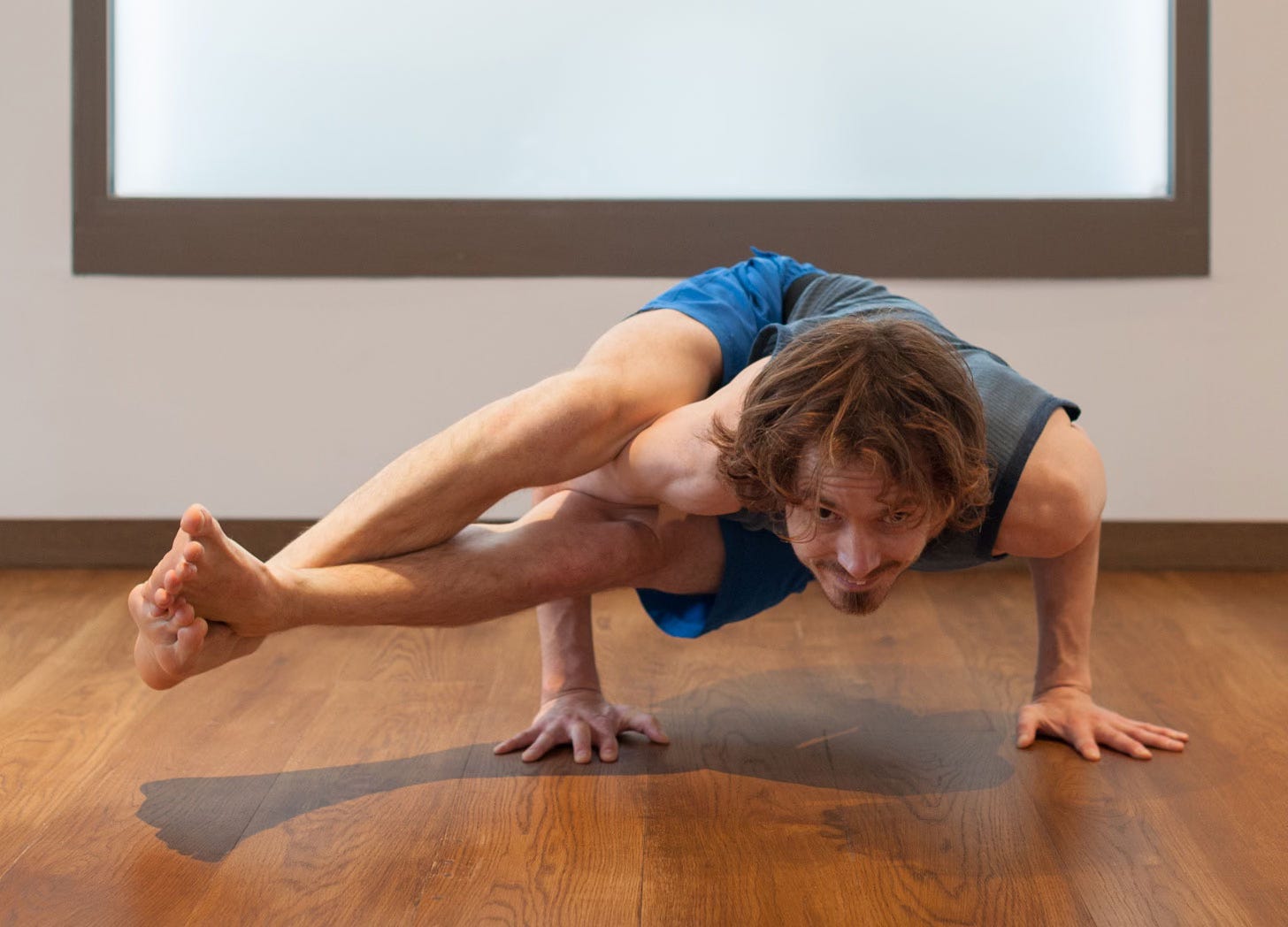How does personal experience shape academic writing on subjects like yoga? As I’ve discussed in previous posts (e.g. here and here), subjective and objective perspectives are difficult to reconcile.
One exception is the specialist discipline of “auto-ethnography”, which makes an author their own anthropologist. I’m by no means an expert in its intricacies, but I once wrote an essay combining outsider and insider understandings. Or to be more precise, here’s the question I answered (as part of an M.A. in yoga studies):
“Assess the meaning of your own practice from an emic and an etic perspective, and evaluate the concept of ‘habitus’ with reference to that practice.”
The first part of my response is attached (with a link to the rest). It explores my engagement with Iyengar yoga. Stripped of an insider’s rationalisations, it might sound stark. As discussed in last week’s podcast, I fell out of love with the method’s pedagogy over the years – though I still learned a lot from it.
I’ve found it helpful to bring some critical thinking to my own practice, but I wasn’t a fan of anthropological jargon, so I mostly ignored that part of the question. Needless to say, this didn’t get a great grade, but I had other priorities…
That experience shapes what I offer in The Path of Knowledge, a year-long immersion in yogic wisdom that starts in September. The course ends with a project, but there’s no need to write a formal essay – never mind get it graded. Instead, you can develop something practical that helps you make sense of things in your own way.
Keep reading with a 7-day free trial
Subscribe to Ancient Futures to keep reading this post and get 7 days of free access to the full post archives.




